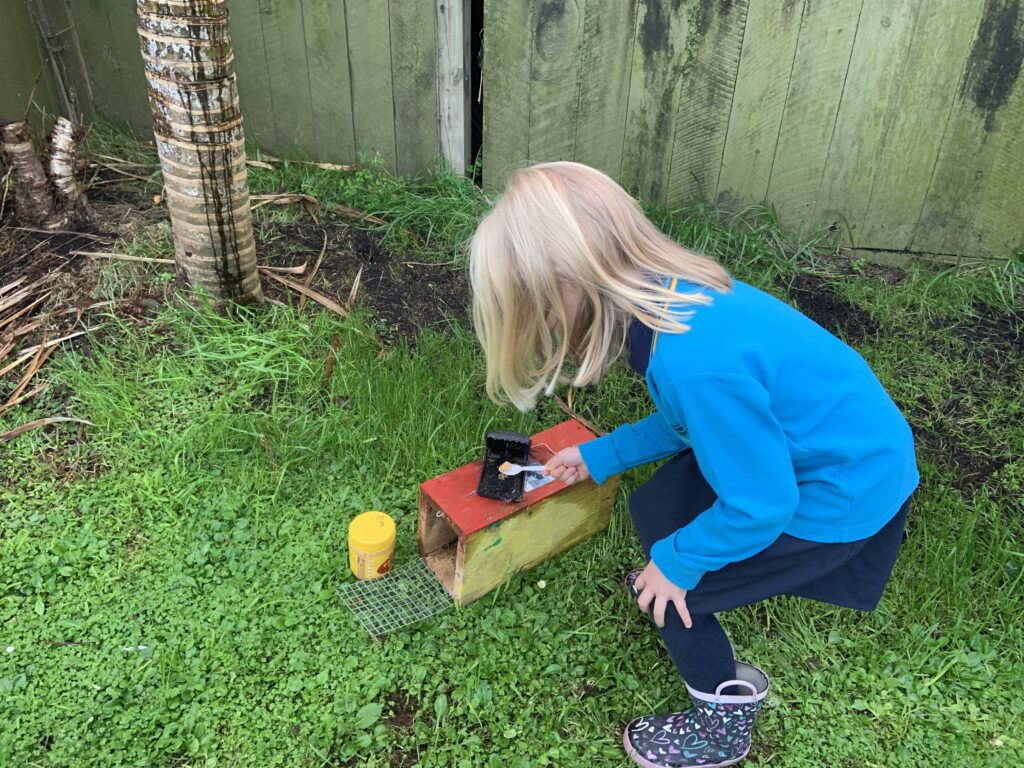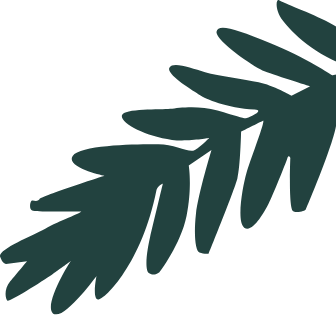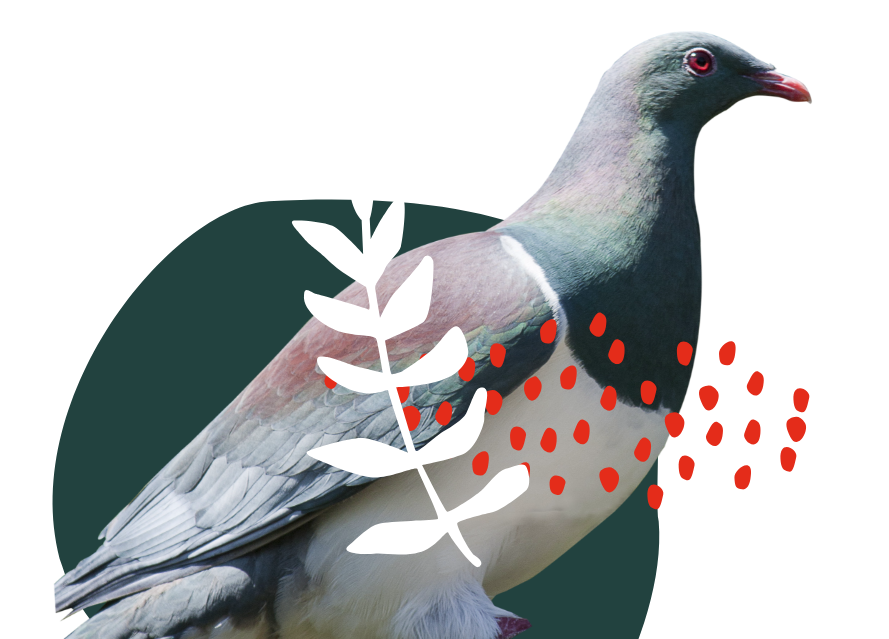Tiakina Whangārei is teaming up with local community group Kamo Community Inc to help Kamo become the next predator free suburb in the district by providing free backyard trapping workshops to residents.
A workshop to discuss the project will be held at Griffin Hall on Grant Street in Kamo, from 11am on Saturday 18th March and will show residents the basics of backyard trapping: how the traps work, what to use as bait and tips on how to increase the likelihood of catching. There will also be an opportunity to talk through how weed management could fit into the project too.
Tiakina Whangārei Coordinator Dr Dai Morgan says there will be a discussion on what a predator free suburb could look like while outlining the support that is available for Kamo residents.
“We’re excited to bring people together and find out how we can best support them because, with the right support, there is a great opportunity here for Kamo to become predator free within the next few years.
“There are many green spaces around Kamo that can harbour both rats and possums and these threaten our native wildlife,” says Dr Morgan. “There is a significant opportunity here as Kamo backs onto the Pukenui Forest, which is nearly 2,000 hectares of native forest, home to a number of threatened native species, including the long-tailed bat/pekapeka, North Island brown kiwi and kukupa. By Kamo residents maintaining one or two backyard traps, this will not only help to protect native lizards, invertebrates and birds but also restrict the movement of pests across the city.”
Kamo Community Inc is getting behind the cause and helping to organise the workshop.
Community Coordinator Charm Hauraki says it will take a collective community effort to protect what we have.
“We’re very lucky in Kamo to live so close to native wildlife and enjoy the natural environments they inhabit as part of our lifestyle – I enjoy seeing tui, kukupa, and even ruru (morepork) visiting our backyard. It requires such a small amount of effort to maintain a backyard trap but if we can all do this, it will have a huge impact on our environment.
“I encourage Kamo residents to come along to the workshops and get inspired to create a predator free Kamo!”




